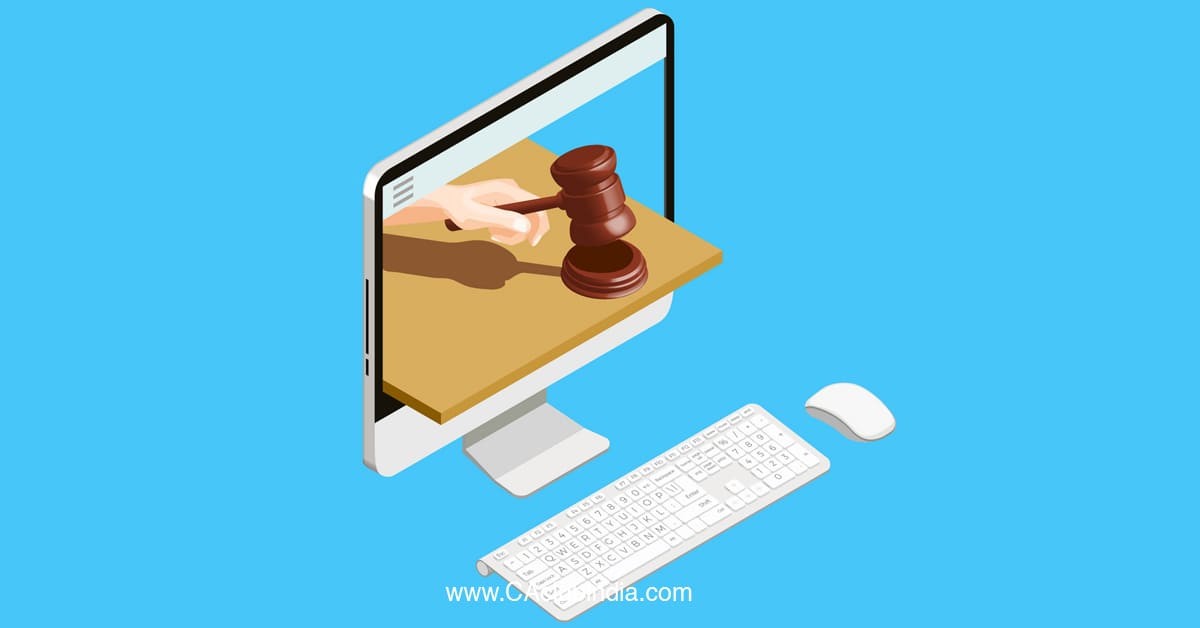Background
There are many judicial precedents where courts have reiterated that the objective of Insolvency and Bankruptcy Code, 2016 (IBC, 2016/Code) is not to facilitate money recovery proceedings but to facilitate corporate insolvency resolution process. 'Interest' as part of debt is one of the legal conundrum which comes before the tribunals in innumerable cases.
Under IBC, debts are classified in two categories, namely (i) financial debt, (ii) operational debt. For both these debts, IBC provides different procedures with corresponding rules and regulations under section 7 and section 9 of IBC.
Amongst many, one relevant distinction between the two debts is in relation to the component of "interest". The term "financial debt" is defined to include "interest" (if any), while there is no mention of "interest" in the definition of "operational debt".
In the recent NCLAT matter decided on 03rd February, 2023, NCLAT dealt with one of such issues on interest on operational debt. This article covers this case law of NCLAT in brief with its analysis.
In the matter of Rohit Motawat v/s. Madhu Sharma, Proprietor of Hind Chem Corporation & Anr. (Comp. App. (AT) (Ins) No. 1152 of 2022, NCLAT New Delhi)

Brief Facts
An appeal was filed by the Proprietor of Hind Chem Corporation & Anr. (Operational Creditor) against the order of NCLT, Jaipur Bench under section 9 of IBC, 2016, wherein NCLT admitted section 9 application against 'Shubh Aluminium Pvt. Ltd.'(Corporate Debtor). In this matter, operational creditor supplied material to coproate debtor on account of which debt falls due which included the interest amount.
During the pendency of the proceedings, corporate debtor had paid the entire principal amount. However, operational creditor continued to pursue the application for the purpose of recovery of interest, litigation charges, court fees, resolution professional fees etc.
Appellant's Contention
It was submitted by the Corporate Debtor that in the purchase order, there was no reference of payment of interest in case of delay. The operational creditor had claimed the amount on the basis of two invoices. The legal issue raised by the appellant was that whether the interest, to be charged in the invoice, not signed by the Appellant, is a unilateral document and cannot be recovered?
Cases Referred
'S.S.Polymers Vs. Kanodia Technoplast Limited
It was noticed that even after receiving the total amount due, the Appellant pursued the application under Section 9 of the I&B Code towards interest. In these background, the Adjudicating Authority observed that in the absence of any Agreement, no such amount can be claimed. Appellant relied on 'Invoices' to suggest that in the 'Invoices', the claim was raised for payment of interest. However, we are not inclined to accept such submissions as they were one side Invoices raised without any consent of the 'Corporate Debtor'.
NCLAT held that before the admission of an application under Section 9 of the I&B Code, the 'Corporate Debtor' paid the total debt. The application was pursued for realisation of the interest amount, which, is against the principle of the I&B Code, as it should be treated to be an application pursued by the Applicant with malicious intent (to realise only Interest) for any purpose other than for the Resolution of Insolvency, or Liquidation of the 'Corporate Debtor' and which is barred in view of Section 65 of the I&B Code.
Permali Wallace Pvt. Ltd. Vs. Narbada Forest Industries Pvt. Ltd
NCLT dismissed the appeal while holding that IBC is not a recovery proceeding and the Application which has been filed by the appellant in the present case is only the application for recovery of balance amount of the interest and application was not filed for resolution of any insolvency of the Corporate Debtor.
Jyothi Limited Vs. Boving Fouress Limited
Hon'ble Karnataka High Court' has observed in regard to the invoice that it is an unilateral document and interest cannot be claimed until and unless it is signed by the parties.
Decision of NCLAT
In view of the decision taken in case of 'S.S.Polymers' (Supra), 'Permali Wallace Pvt. Ltd.' (Supra) as well as the decision of the 'Hon'ble Karnataka High Court' in the case of 'Jyothi Limited' (Supra), it was observed that the Adjudicating Authority has erred in not looking into the facts that the principal amount has entirely been paid and the issue was only regarding to interest for which the application under Section 9 of the Code was not maintainable as the spirit of the legislation of the Code is for 'resolution of debt' and not for 'recovery'.
Conclusion and Analysis
By rejecting the application, Appellate Tribunal has clarified that IBC cannot be revoked for recovery of any amount. Furthermore, since invoice is an unilateral document signed by only the operational creditor and not by both parties, therefore, interest mentioned in the invoice cannot be binding for corporate debtor and hence cannot be the part of debt under IBC. The judgment will have a far-reaching impact on the evolving IBC jurisprudence, especially on cases that deal either directly or tacitly with 'interest' and related components.








 CAclubindia
CAclubindia
